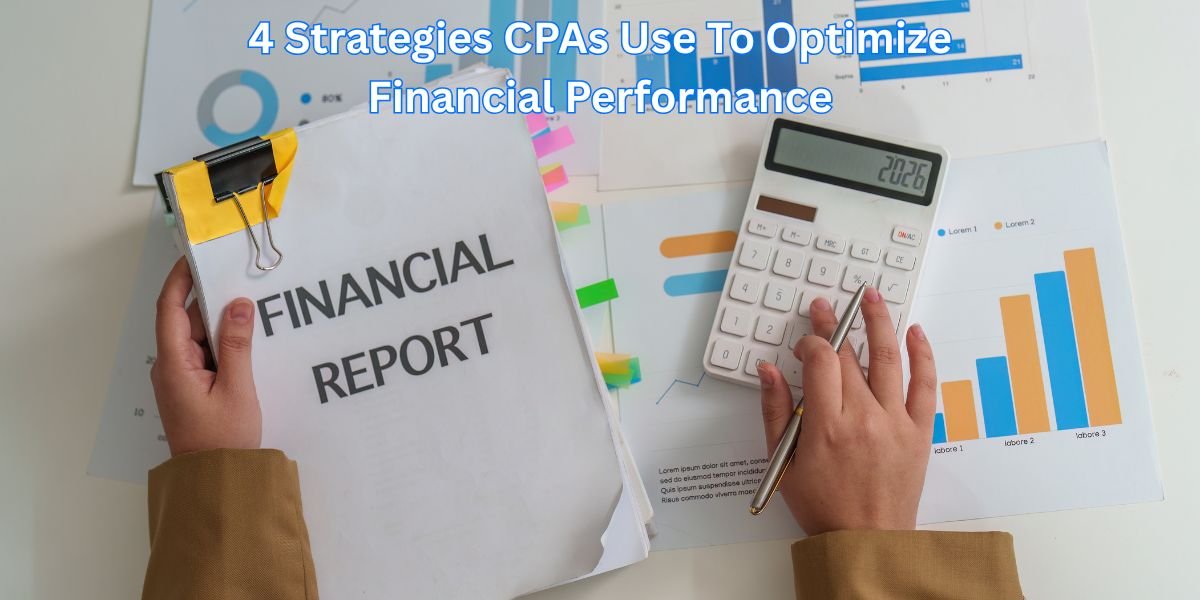Financial forecasting is crucial for any business. With a CPA in Wakefield, MA, you gain a strategic partner who helps you anticipate and navigate what lies ahead. A Certified Public Accountant offers clear insights into financial trends. You can count on them to provide guidance that aligns with your business goals. Using their expertise, you get a clearer picture of potential outcomes. This helps you make informed decisions that propel your business forward. The CPA’s role in your company goes beyond number crunching. They help you understand how each financial choice impacts your future. Working with a CPA means having someone who is deeply invested in the success of your business. You gain access to timely, reliable information. This empowers you to respond effectively to changes in the market. With these tools, you can ensure that your business stays resilient and adaptable.
Understanding Financial Forecasting
Financial forecasting involves predicting future revenue, expenses, and trends. It’s essential for setting short-term and long-term goals. Accurate forecasts guide budget planning, cash flow management, and investment strategies. Businesses that forecast well can act swiftly and efficiently.
The CPA’s Role in Financial Forecasting
CPAs bring expertise that enhances your financial planning. They examine historical data and current market conditions to produce reliable forecasts. Their skills in analyzing numbers mean you get forecasts you can trust. This helps reduce risks and seize opportunities when they arise.
Benefits of Partnering with a CPA
- Gain objective insights into financial data.
- Identify trends that impact your business.
- Get customized strategies to grow your business.
Practical Applications of Financial Forecasting
Businesses use forecasting for many purposes. It helps determine hiring needs, plan expansions, and manage resources. By understanding potential challenges, you can plan effective responses. This proactive approach keeps your business ahead of the competition.
Comparing Financial Forecasting Methods
| Method | Pros | Cons |
| Qualitative Forecasting | Involves expert opinion. Useful when data is limited. | Subjective. Less precise than quantitative methods. |
| Quantitative Forecasting | Data-driven. Provides clear, objective results. | Requires accurate data. Complex models can be difficult to understand. |
How CPAs Use Forecasting Tools
CPAs use various tools and software to create accurate forecasts. These tools help analyze data quickly and efficiently. With technology, CPAs can build models that reflect different scenarios. This gives you the confidence to make informed decisions.
Real-World Impact
Consider a small business planning to expand. Without a forecast, the business risks overextending itself. With a forecast, it sees when to add staff or buy equipment. This careful planning ensures sustainable growth.
Working with a CPA: What to Expect
When you work with a CPA, expect a collaborative effort. They take time to understand your business and its needs. Their focus is on providing clarity and reducing uncertainty.
Finding the Right CPA
Choosing the right CPA is key. Look for someone experienced and attentive. Verify their qualifications and ask for references. Check resources like the AICPA for certified professionals.
Conclusion
Financial forecasting is not just about predicting numbers. It’s about guiding your business to a stable, prosperous future. With a CPA by your side, you gain a partner who values your success. Their insights help you stay prepared, resilient, and ready for what comes next.



